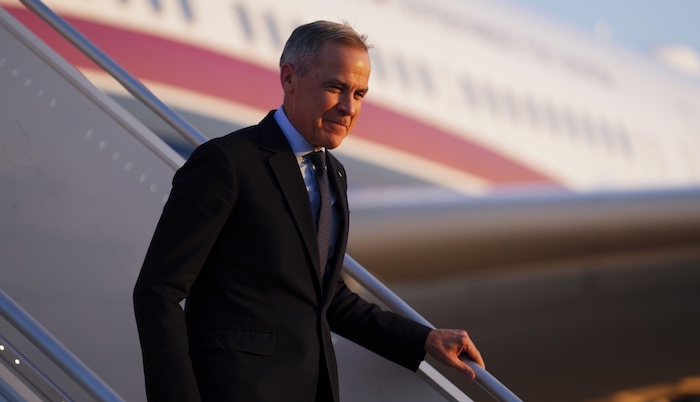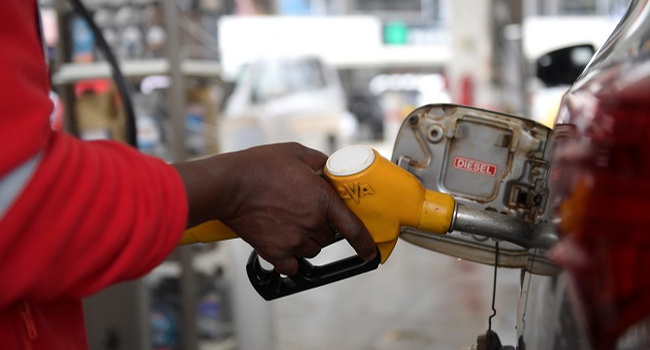
Prime Minister Mark Carney arrives in Paris, France on Monday, March 17, 2025. THE CANADIAN PRESS/Sean Kilpatrick
Canadian Prime Minister Mark Carney has embarked on his first official visit to Asia in a bid to deepen trade and security ties and reduce the country’s heavy dependence on the United States.
Government officials said Carney’s week-long trip, which began on Friday, may include a meeting with Chinese President Xi Jinping in what could mark an effort to reset a tense relationship strained by an ongoing trade war.
Analysts believe the visit will be crucial for Canada to demonstrate to Asian leaders that it now pursues an independent agenda separate from that of Washington.
“While the world economy is fragmenting, Carney needs to make it clear that Canada stands apart and is still interested in rules-based trade and globalisation,” said Vina Nadjibulla, vice president of the Asia Pacific Foundation of Canada.
Carney is expected to attend the Association of Southeast Asian Nations (ASEAN) summit in Kuala Lumpur, hold meetings in Singapore, and participate in the Asia-Pacific Economic Cooperation (APEC) summit in South Korea.
In September, Canada signed a trade deal with Indonesia that will allow duty-free access for up to 95 percent of its exported goods within a year. Trade Minister Maninder Sidhu said Canada is now pursuing similar agreements with the Philippines, Malaysia, South Korea, and Japan.
Despite efforts to diversify, Canada still relies on the US for about 75 percent of its exports. The visit comes as US President Donald Trump prepares to travel to Malaysia before meeting Xi Jinping in South Korea next week.
Fen Hampson, a professor of international affairs at Carleton University, said Asia presents far greater business opportunities for Canada than Europe, which Carney has visited three times since becoming prime minister in March.
“The economies in Southeast Asia are much more dynamic and compatible with Canada in terms of energy and commodities trade,” Hampson said.
However, he cautioned that any potential agreements with China would inevitably be shaped by tensions between Washington and Beijing. “As tensions escalate between the US and China, there will be less room for Prime Minister Carney to manoeuvre,” Hampson said.
He added that resolving Canada’s ongoing tariff disputes with China over canola and electric vehicles will likely remain difficult without improved relations between the two global powers. “There’s enormous pressure on us from the Americans to not concede to their perceived rival,” Hampson said.
Faridah Abdulkadiri


